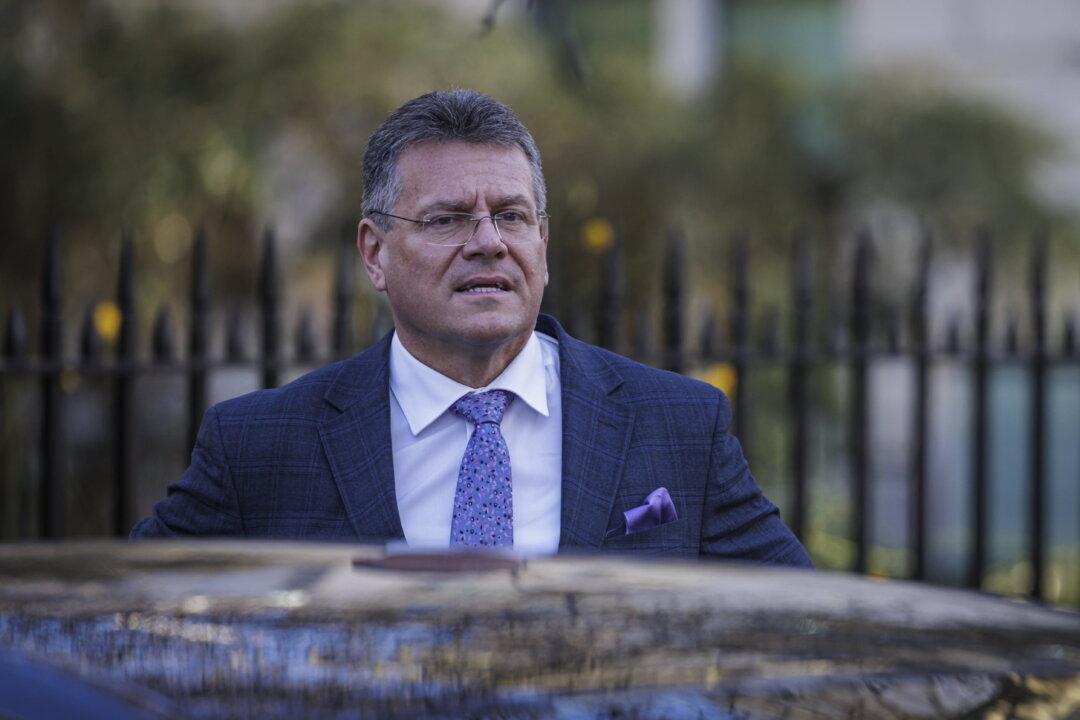The trade chief-designate of the European Union pledged tough action on China’s overcapacity exports.
At a parliamentary confirmation hearing on Nov. 4, Maros Sefcovic, the Slovakia-born European commissioner designate for trade, called China the EU’s most challenging trading partner.“[The] EU is not interested in trade wars,” Sefcovic said, adding that China’s problems include overcapacity, subsidies, and an unequal playing field.




